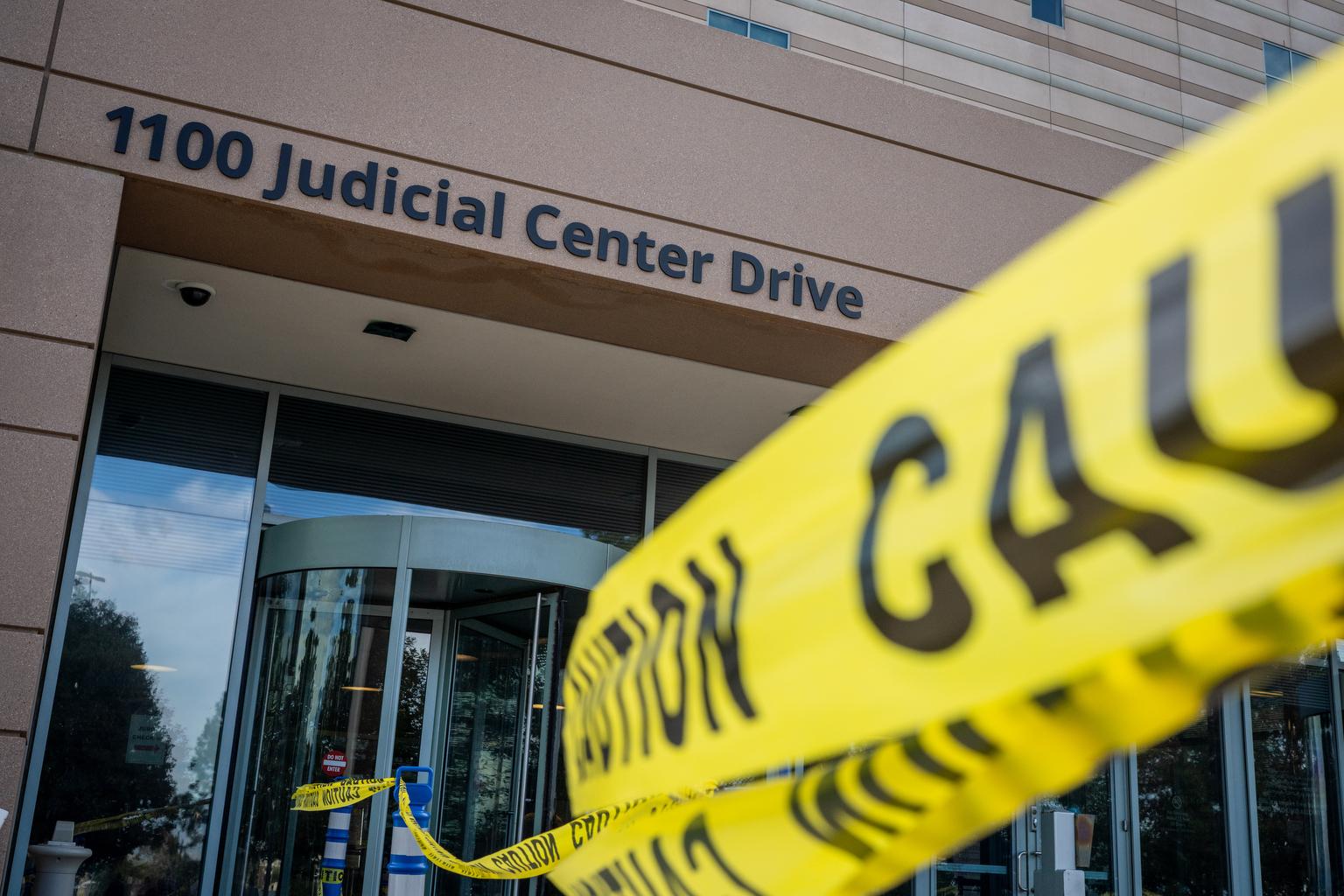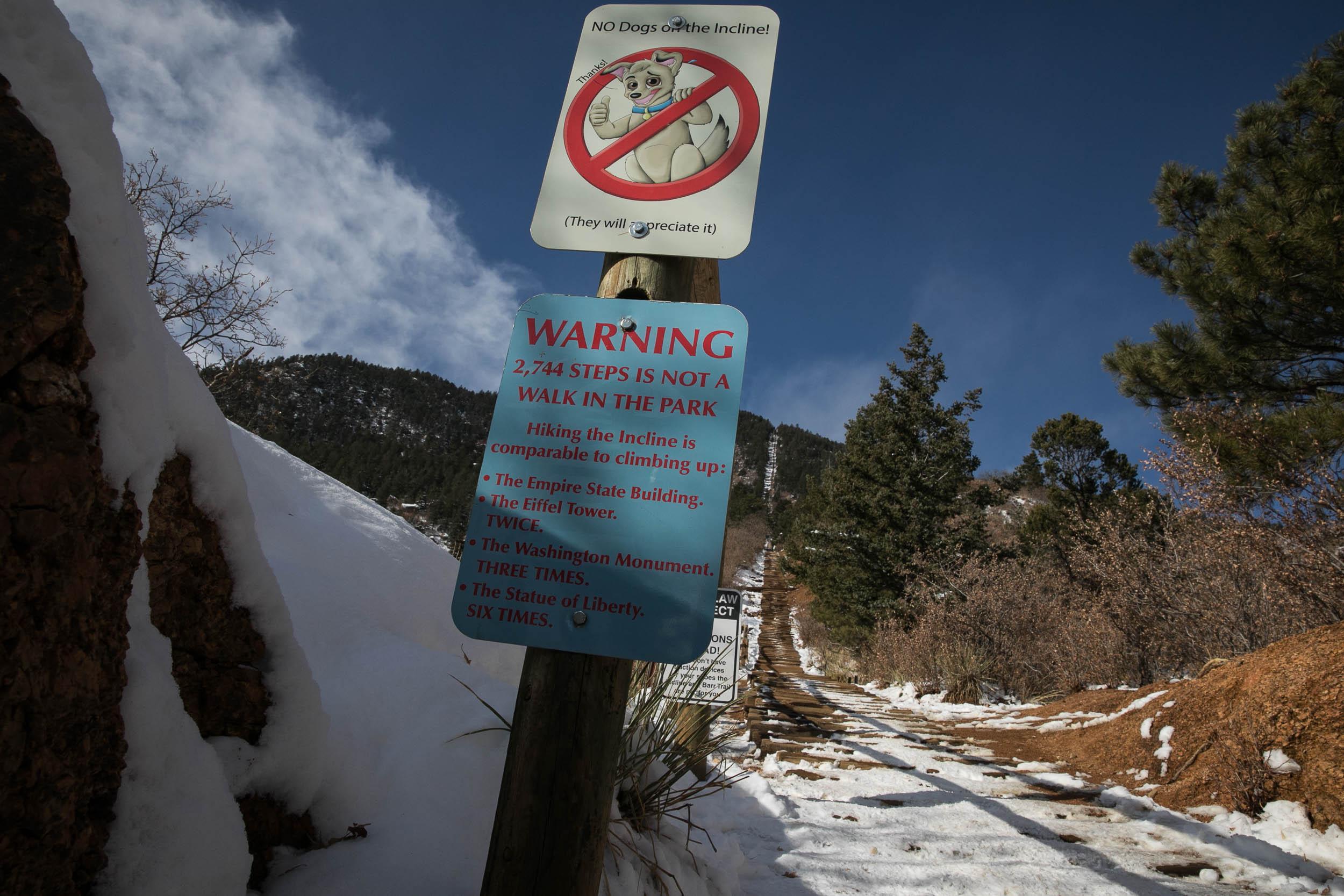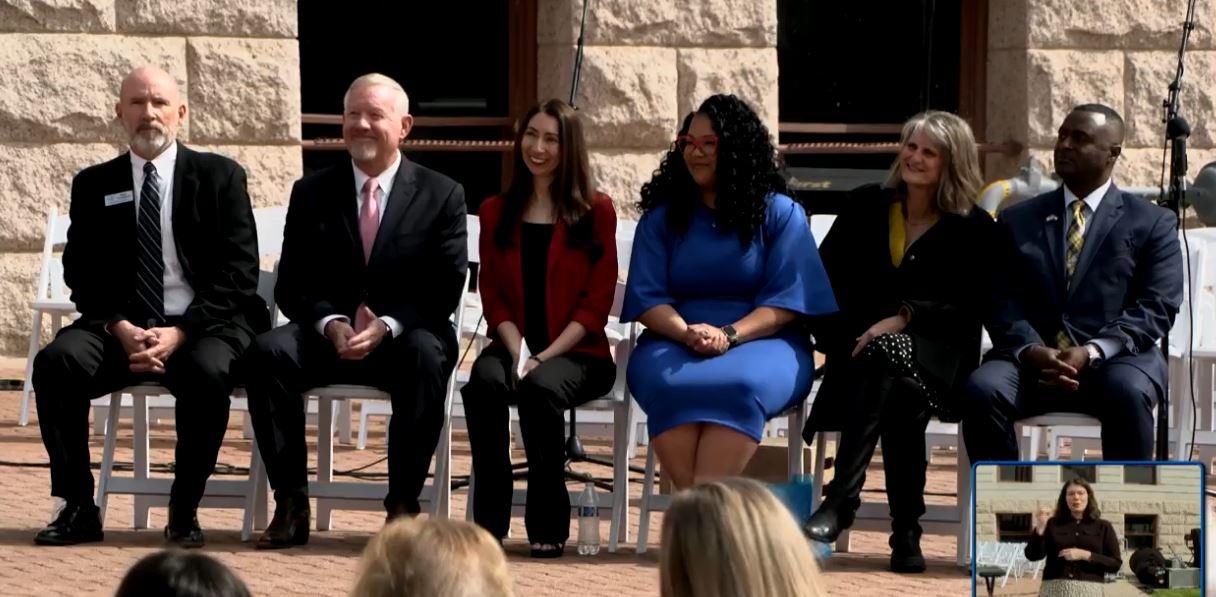
A former police officer and use of force expert said on Friday that former Aurora officer Jason Rosenblatt and officer Randy Roedema didn’t properly treat Elijah McClain in his forcible detention that led to his death in August 2019.
Marc Brown, who is an instructor at the Federal Law Enforcement Training Center, viewed the body camera footage and told jurors that Roedema and Rosenblatt made a series of mistakes in handling McClain that night — both before and after McClain received two carotid holds.
Brown also said neither Roedema nor Rosenblatt followed their own Aurora Police Department training that requires officers to pay attention to suspects’ physical conditions.
“You think that failing to tell the paramedics that this man has been complaining over and over again he can't breathe is consistent with the training?” Jon Bungee, a prosecutor with the Attorney General’s office, asked Brown.
Brown replied: “It's inconsistent because it says respiratory arrest or distress, even a complaint of ‘I can't breathe’ is supposed to be treated like a medical emergency.”
Once the paramedics arrived, neither Rosenblatt nor Roedema alerted them to McClain’s worsening condition, prosecutors said. They, instead, told paramedics that he had “superhuman” and “crazy” strength and told paramedics that McClain almost did a push-up with all three officers on his back.
McClain can be heard in the body camera footage saying, “I can’t fix myself.” After that, the footage shows Roedema picking McClain up and throwing him to the ground.
“That’s inconsistent with the training,” Brown said.
Defense attorneys for Roedema and Rosenblatt, as they have throughout the trial so far, sought to cast blame on others on the scene. That includes the supervising sergeants who didn’t correct or tell Rosenblatt and Roedema to do anything differently and other officers who didn’t intervene or act with urgency.
Defense attorneys also said that paramedics and firefighters were on the scene and apparently not rushing to help — a sign that no one realized or correctly diagnosed the physical distress McClain was experiencing at the time.
Also, attorneys for Roedema and Rosenblatt said the officers were reacting to McClain’s words at the start of the confrontation where he said, “I intend to take my power back.”
But Brown said those words didn’t constitute “violent” resistance, which would justify a carotid hold or a “take down,” which is when officers physically lay someone on the ground, as they did with McClain.
“When they walked him over to the wall, he didn't offer any violent resistance, didn't make any threats,” Brown said. “When he was contacted by the officers, he didn't turn to square up, he didn't drop his items, he didn't swing the bag that he had that had three iced teas in it. He didn't attempt to strike them with the cell phone or anything else. He just told them he wanted to go home and that he was walking home.”








